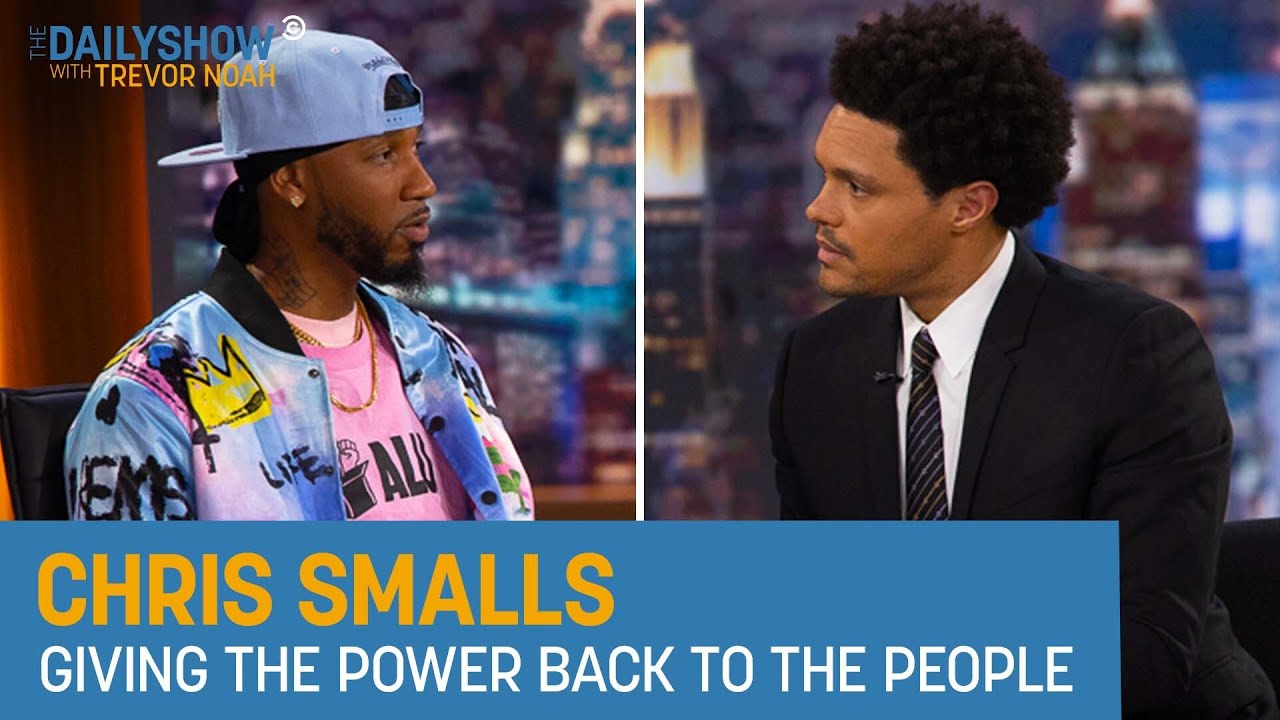Unions
are private sector unions actually worse than mega corps? are public sector unions actually worse than politicians and their unelected bureaucrats that lead govt agencies?
in theory, a mega corp could be awesome, moral, productive, etc. but similarly, in theory, a union could be fine and reasonable.
there’s a massive power imbalance and the companies offer unfair contractual terms. and there’s essentially collusion where all the big cos offer unfair terms (while also lobbying for barriers to entry) so you have little choice.
this applies to individuals too e.g. trying to buy stuff from an industry that offers shitty deals and problematic contracts. maybe we should have some collective bargaining for that…
there are difficulties, e.g. i might not have the same priorities as the group. but trying to deal with companies without having power tends not to work well in various contexts (sometimes being an individual customer does work fine).
individual people are mostly clueless and disorganized. their ignorance is often exploited including by managers who do not have their workers’ best interests at heart. having an organization to try to help and educate workers, and negotiate on their behalf with more leverage, makes conceptual sense. and that’s different than particular historical tactics like violence against people who don’t participate in strikes, or being very hostile to any workers who don’t join the union and pay membership dues and increase its power by letting it represent them. coercing people to participate in a union, who don’t want to, is really bad (but a lot of the actions of mega corps like Amazon and Facebook are also really bad – maybe similarly bad or even worse? so maybe focusing complaining on the bad actions of unions is a bias. or maybe big corps were better in the past but have gotten worse, so we should update our views to recognize how bad they are and become more open to counters like unions.).
in Atlas Shrugged, Rearden doesn’t have trouble with union issues b/c he treats his workers well including paying them well. until the society gets really corrupt and the govt sends minions under the guise of workers who want a union.
also, i don’t see libertarian types talking about how evil Amazon and Facebook are and what we can/should do about it and offering alternatives to unionizing. (admittedly i haven’t looked a lot.) instead I’ve seen them e.g. defend deplatforming as the free actions of private companies and therefore non-censorship or praise rich businessmen like Bezos who are assumed to deserve their wealth (something I have a lot of skepticism about – and they ought to too since Bezos got that wealth in a non-free market. in other contexts, they know and say that we have a mixed economy, but then somehow when judging Bezos they act like his wealth proves his merit, and don’t consider that he might have similarities to James Taggert or Orren Boyle). what do libertarians want instead of unions? a free market? sure that would help some, e.g. by making it easier to start new businesses instead of working for an awful company. but i don’t think it’s a complete or adequate answer. if the government changed the laws in a way more free market direction, we’d still have big corporations with a lot of terrible managers and abusive policies. (many small companies are also bad, btw. but small companies are more varied. there’s more broad similarity between big companies in a whole industry or even just the whole economy being bad in similar ways.) do libertarians have any better answers than “lobby for a freer market then wait for market forces to make things better”? is it just because they are so biased in favor of business against labor that they deny the problems exist? they may own the reason.com domain (and praise rationality) and be less popular (i.e., members of a smaller group) but that doesn’t stop them from being super tribalist.
Related:
